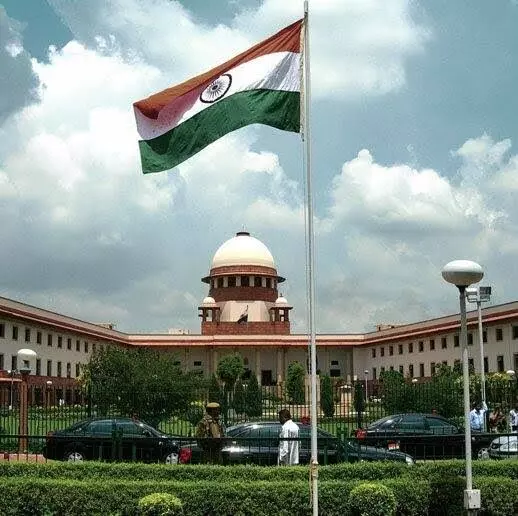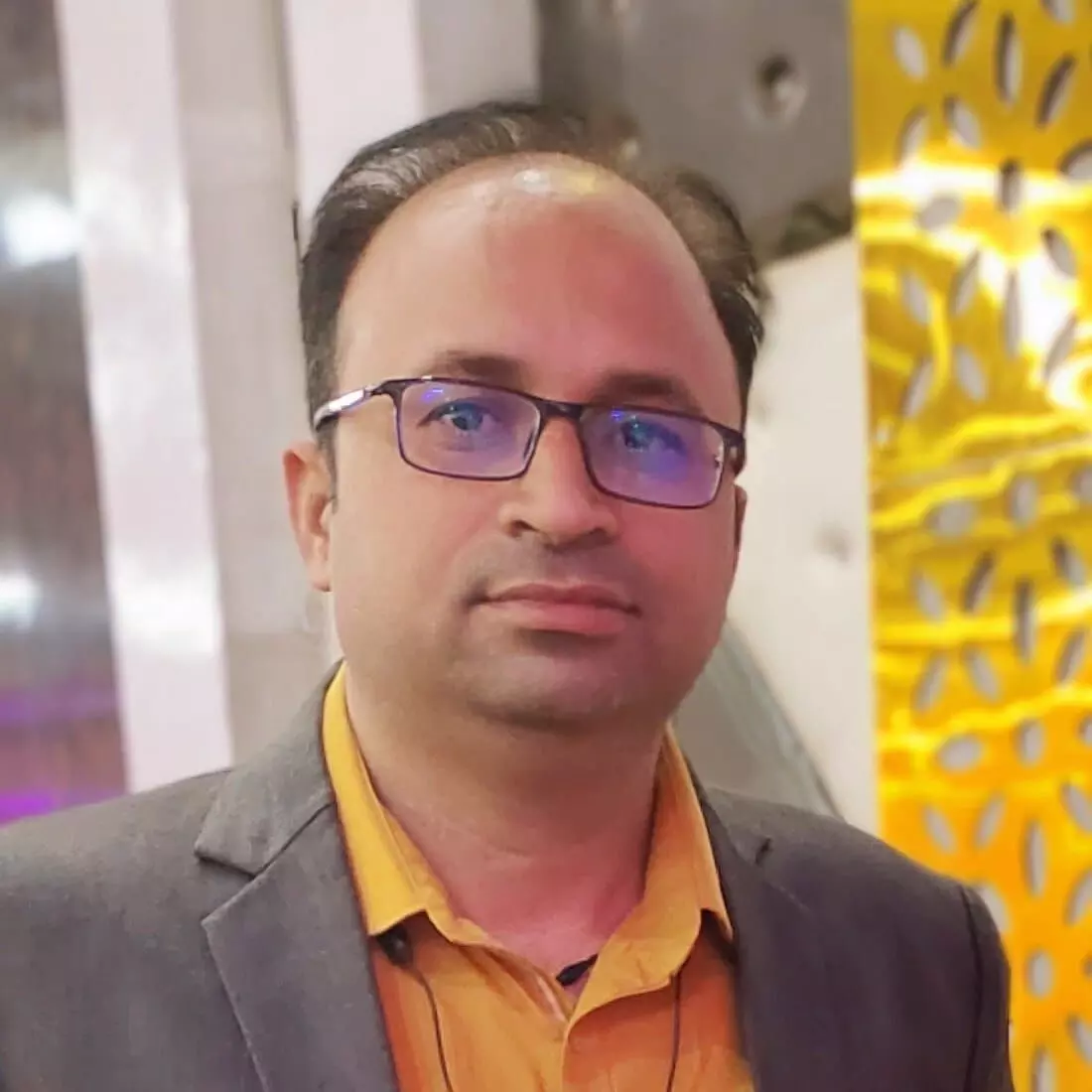"India's Investigative Agencies: Caught in a Web of Political Influence?

In 1993, a landmark legal battle began with a public interest litigation demanding an honest investigation into a financial scandal involving politicians in Maharashtra. This case, Vineet Narain v. Union of India (1997)—known as the Jain Hawala Case, led to a watershed moment in India’s legal history—the Supreme Court struck down the 1969 “Single Directive,” which had allowed ministers to dictate how the CBI could initiate cases. This ruling redefined the boundaries of accountability and the autonomy of investigative agencies, reshaping the landscape of corruption investigations in India.
Life has come full circle for the country's premier investigating agency—CBI—as it is back to square one. Despite a decade, of witnessing the Anti Corruption Movement, and renaming of the Indian Penal Code (IPC) to Bharatiya Nyay Sanhita (BNS), one thing has not changed, the core issue of independence of these agencies is still hanging in balance.
The top court is still compelled to rebuke the CBI for its high-handedness. In May 2013, while monitoring the probe into the Coal blocks allocation scam case, a bench led by Justice RM Lodha berated CBI for being a “caged parrot, speaking in its masters’ voice.” The term, first coined by the Supreme Court, was used to describe the CBI’s perceived lack of independence and its manipulation under political influence. And now, it appears that the investigating agency—joined by its sparring partner, the Enforcement Directorate (ED), is in no mood to change its legacy.
The Lingering Shadow of Political Influence
The ‘probe’ into Delhi's high-profile excise policy is a perfect testament which raises questions about the investigating agencies’ credibility. The central government agencies have been probing the case for the past two years. So far the agencies have carried out more than 250 raids, examined over 500 witnesses, and the physical and digital records running into lakhs of pages, yielding no recovery into the case. The efficiency of the agencies has been put into question time and again and this highlights the perennial issue of integrity of their “Integrity”.
The CBI's activities seem inconsistent with its motto, "Industry, Impartiality, Integrity," particularly in situations such as this one. The investigation's protracted length and lack of significant findings indicate either ineptitude or a more serious problem with political meddling.
Similarly, The Enforcement Division (ED) — which became the Enforcement Directorate in 1957 — established in 1956 to supervise the breach of foreign exchange regulations, has also deviated from its initial purpose. The Foreign Exchange Management Act (FEMA) and the Prevention of Money Laundering Act (PMLA) have since broadened the agency's jurisdiction, which was formerly concentrated on enforcing the Foreign Exchange Regulation Act (FERA). But there are apprehensions that the ED has turned into a political instrument since it has been flagged for singling out opposition politicians more and more in recent years. The ED filed approximately 5,000 PMLA cases between 2014 and 2024, however only 40 of those cases ended in convictions, and three cases resulted in acquittals. These figures, which were presented to Parliament, demonstrate the agency's inadequacy and raise questions about its objectivity while conducting investigations. In a democracy, it is paramount that agencies uphold historian Thomas Fuller's quote about equality: “Be you ever so high, the law is above you.”
A Four-Fold Jump in Political Targeting
According to a 2022 report published in *The Indian Express*, there has been a concerning spike in the number of official complaints (ED cases) targeting politicians following the 2014 election of the Modi-led BJP administration. Of these cases, 95% have focused on opposition leaders. ED investigated 121 prominent politicians between 2014 and 2022; 115 of them were affiliated with opposition parties. In sharp contrast, the ED looked into the cases of just 26 MPs between 2004 and 2014—14 of them were affiliated with opposition parties—during the UPA administration.
This worrying trend shows that rather than enforcing justice, the CBI and ED are being exploited to advance political agendas. The agencies' integrity and their function as impartial organisations are called into question by the conspicuous lack of investigations into members of the ruling party, despite multiple accusations of corruption.
History Repeats: CBI's “Caged Parrot” Revisited
The Supreme Court's criticism of the CBI in the coal scam inquiry and the Jain Hawala case is still applicable today. Using the analogy of a "caged parrot," the Court censured the CBI once more in a recent case involving AAP National Convenor and Delhi Chief Minister Arvind Kejriwal. The need for the CBI to function as an "uncaged parrot"—unaffected by political malice and conducting its investigations in a completely independent manner—was stressed by Justice Ujjal Bhuyan.
In the Delhi Chief Minister's case, the Apex Court minced no words while pulling up the CBI.
“Investigation must not only be fair but must seem to be so. Every effort must be made to remove any perception that investigation was not carried out fairly and that the arrest was made in a highhanded and biased manner,” the court noted.
Questioning the legality of Arvind Kejriwal's arrest by the CBI, Justice Ujjal Bhuyan remarked that as far as CBI’s arrest is concerned, “it raises more questions than it seeks to answer.” Till the arrest of Arvind Kejriwal by the ED on 21.03.2024, the CBI did not feel the necessity to arrest him though it had interrogated him about a year back on 16.04.2023.
Forty people have been arrested in the continuing Delhi excise policy case, but all of them have been released on bail. Only in cases where there are "reasonable grounds for believing that the accused is not guilty" and that the accused is unlikely to commit another crime can bail be granted under the PMLA. The large number of people who have been granted bail raises doubts about the quality of the case and raises the possibility that the investigation is not impartial. The CBI and ED must function inside the bounds of the Constitution to preserve public confidence and protect the integrity of the legal system. Political bias must not be present in investigations since it undermines public trust and the rule of law.
Eternal Vigilance: The Need for Uncaged Investigative Agencies
We as citizens must comprehend the significance of holding institutions responsible. The maintenance of the rule of law and the defence of democratic rights depend heavily on the independence of investigative organizations like the ED and CBI. Corruption, political scheming, and injustice have the potential to proliferate unchecked and undermine the very liberties we cherish if we are not vigilant.
"Eternal vigilance is the price of freedom," as Thomas Jefferson once observed. This lesson is especially important now, as democracy necessitates public and judicial monitoring as well as active involvement. Tyranny and corruption flourish when people are complacent, and it is our responsibility to make sure that agencies like the CBI and ED continue to answer to the people and not to special interests.
We must hold our investigative agencies to greater standards as India develops. It is imperative that the CBI and ED abandon their image as political tools and return to their original mission of impartially probing cases of corruption and enforcing the rule of law. We can make sure that the rule of law continues to be the cornerstone of our institutions and that our democracy is resilient by being vigilant.
